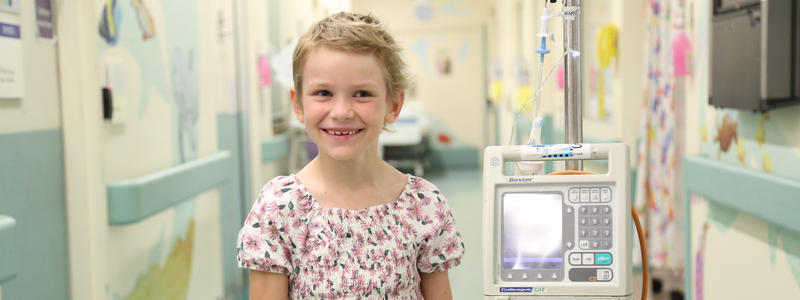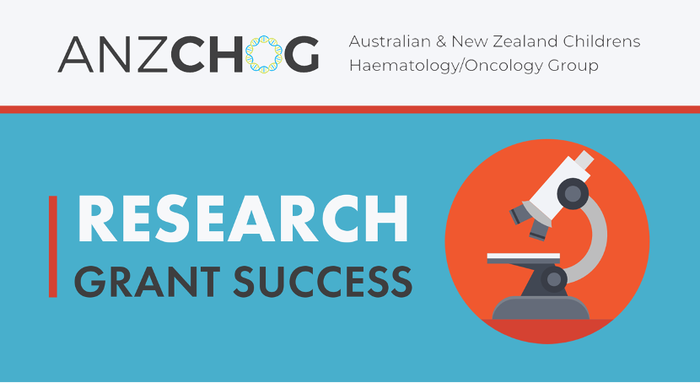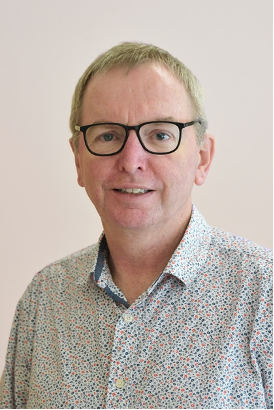
News | Events

Congratulations to A/Prof Geoffrey McCowage, who was part of a team awarded a $245,000 competitive grant from the Australian and New Zealand Children’s Haematology/Oncology Group (ANZCHOG) recently. The team’s outstanding success in winning the two-year grant will enable laboratory research designed to develop a treatment for children with high risk brain tumours.
Alongside Paediatric Oncologist A/Prof McCowage, from the Cancer Centre for Children, are scientists Dr Belinda Kramer and Dr Ken Hsu, and Chief Scientist A/Prof Geraldine O’Neill from the Children’s Cancer Research Unit in The Children’s Hospital at Westmead. The team is eminently placed to conduct this research, having pioneered Australia’s first gene therapy trial on brain tumours using similar technology.

Their achievement in winning the grant was supported by three distinguishing factors:
- They have the highly specialised technical expertise and experience to create vectors (‘artificial viruses’ that are used to create gene therapy cancer treatments) and have applied them in a brain tumour trial
- The Australian government helped build a large vector production facility in the Children’s Hospital at Westmead which now has the best capacity to make vectors in the country
- There is exceptional experience here on the Westmead campus in generating the various types of specialised cells which will benefit the research
A/Prof McCowage is confident the team is well positioned to make significant advances.
“We've got a huge vector production facility and we've got great experience with the cells, and now we’ve got this grant to conduct some laboratory experiments to establish if it's worthwhile taking this to a clinical trial in children with high risk brain tumours.”
The hybrid cell at the centre of the research is a CAR T-cell. To create this hybrid, a T-cell, which is a type of white blood cell that helps host an immune response against pathogens, is isolated. Then, an artificially created virus called a vector is used to add the CAR (chimeric antigen receptor), to make it a CAR T-cell, designed to target cancer cells. This method has been effective when used against other types of childhood cancer, warranting further investigation.
Engineering CAR T-cells to target cancer

At first glance, a virus may seem like an unusual ingredient to use in medical treatment but it is ‘chimeric’, meaning a mixture of components, and its modifications remove unfavourable behaviours that viruses normally have, such as making people ill and replicating itself uncontrollably. Intensive research and investigation determine how to engineer it to be used in producing CAR T-cells.
A/Prof McCowage and his team’s success in being awarded the grant, to advance scientific knowledge in this emerging field, contributes to the world-class research conducted by the Cancer Centre for Children and is expected to provide new opportunities for children with high risk brain tumours.
Find out more about CAR T-cells in Dr Geoff’s* Understanding Childhood Cancer podcast, in plain language, called ‘I saw the future of rock and roll and its name was CAR T-cells’. The podcast is available at iTunes and SoundCloud.
* A/Prof Geoffrey McCowage
